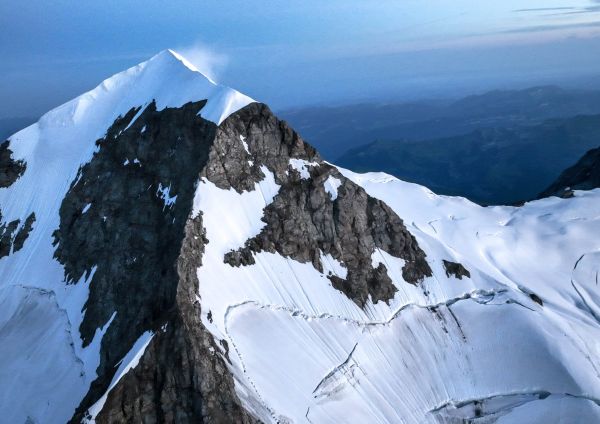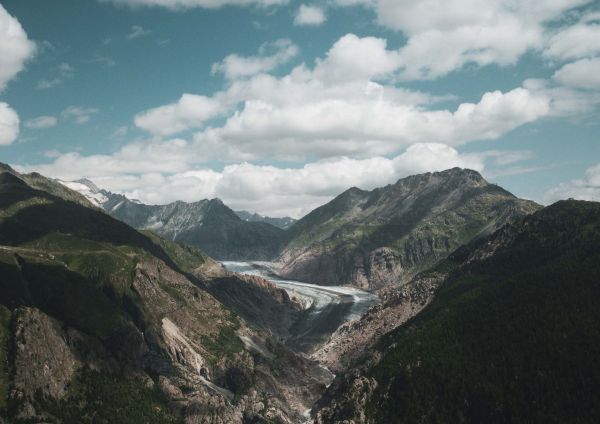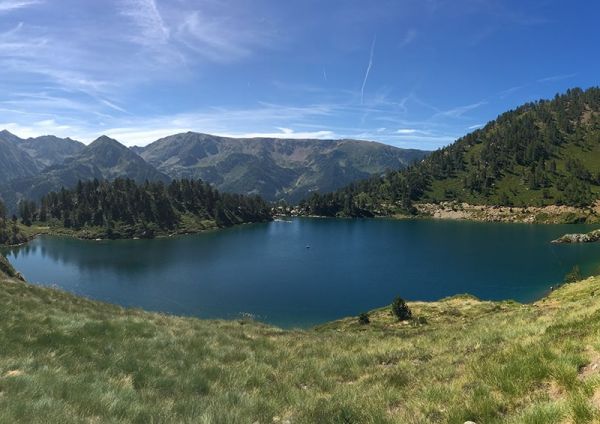Restore the trails lands in the Cap de Creus Natural Park


The Restore the trails project landed in the Cap de Creus Natural Park
Last Friday, June 14th, within the framework of our Restore The Trails project, we traveled to the Cap de Creus Natural Park together with Bcorp Spain, to carry out a volunteer action focused on the restoration of a trail in the park . 10 Bcorp companies joined us in this action, showing their commitment to taking action and creating a positive impact on our environment.
The Cap de Creus Natural Park, located at the northern side of Costa Brava, attracts half a million visitors annually thanks to its maritime-terrestrial landscape unique in the world. The mountain trails that allow access to this area are essential cultural and historical infrastructures that contribute to the protection of the environment, so their conservation is a top priority. With this premise, the Foundation carried out an action to restore one of these trails, preventing visitors from passing through unmarked areas, generating a possible negative impact on this natural environment. This action not only contributes to preserving the ecosystem, but also generates a positive impact on a territory that is home to numerous protected or endangered species.
When we arrived at the park, Ponç Feliu, director of the Cap de Creus Natural Park, was waiting for us to give a brief introduction to the environment in which we were. Then it was the turn of Xavi Laporta, founding member of the Gremi de Margers, who led the restoration action thanks to his proven experience in this type of action

The restoration day lasted approximately two hours, and focused on a path affected by a very steep slope and whose beginning is difficult to locate, which has caused strong erosion. This path is part of one of the public paths that led from the towns to the Monastery of Sant Pere de Rodes.
To combat this problem, we worked on marking the boundaries of the side walls using the technique of the dry stone. This restoration technique offers numerous benefits to the environment: it marks the path to avoid the formation of shortcuts that cause erosion, guarantees accessibility to natural environments, provides shelter for biodiversity, contains water and protects the path , and stores moisture that is released into the soil during times of high temperatures. This is a form of construction that we could call “kilometer zero”, where only stones from the same site are used, without adding any type of mortar.
Thanks to this action, the identification and maintenance of the trail has been improved, preventing erosion and it has significantly improved the visual appearance of the park in one of its most accessible and busy areas.
Mountain trails are more than just paths in natural environments; they are essential cultural and historical infrastructures. Maintaining and regenerating these trails is essential to our connection and access to nature.




But the day didn’t end here! After good work (and physical work) there is always a good reward. Thanks to the local products from the Empordá area of the Apricot company, we were able to refill energy levels with a snack that then gave us the perfect excuse to walk for a while and enjoy the nature of the Park, arriving at the great Monastery of Sant Pere de Rodes.
It was a great day and we thank all the volunteers who joined us during this day!

Pictures by Guillem Casanova.


